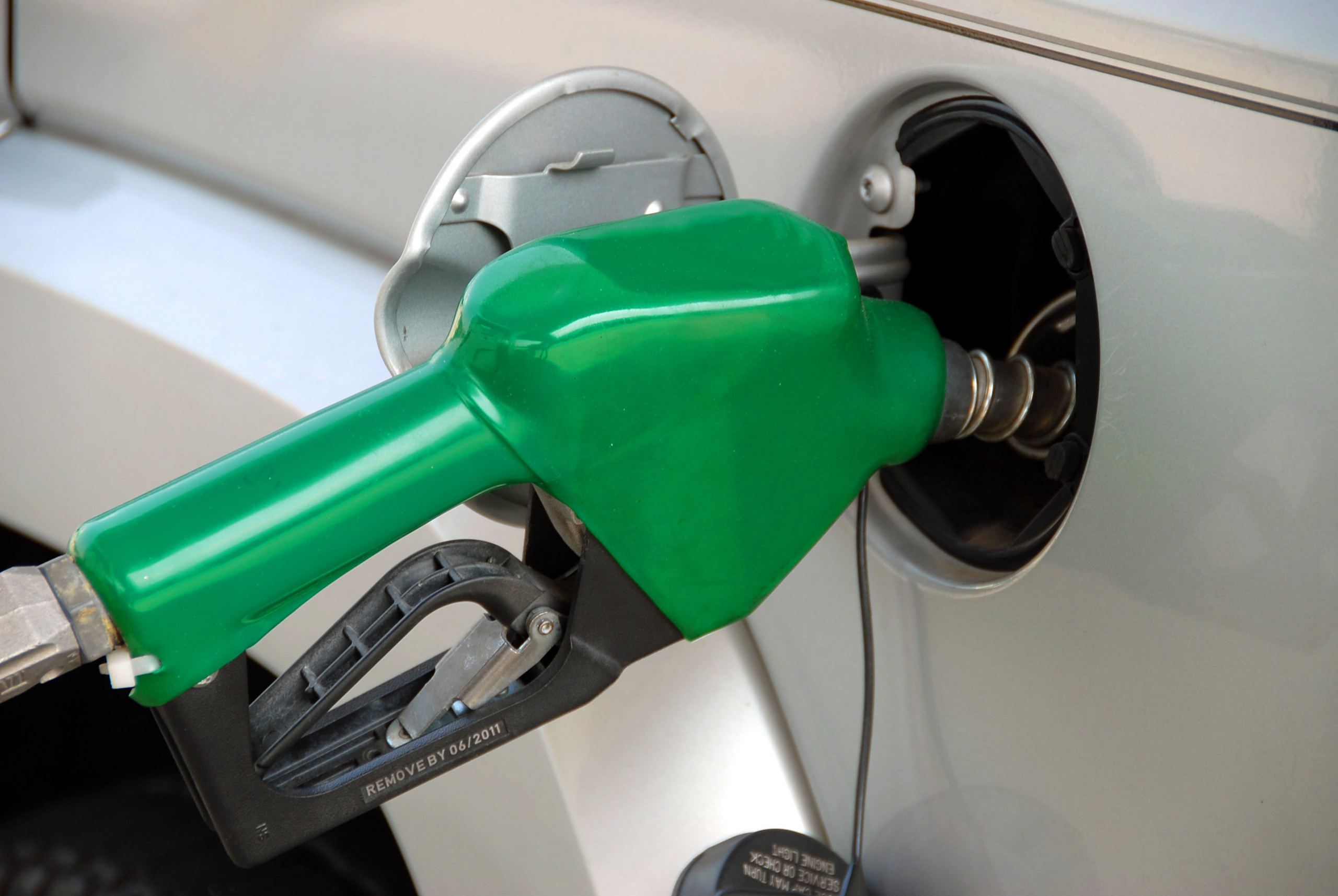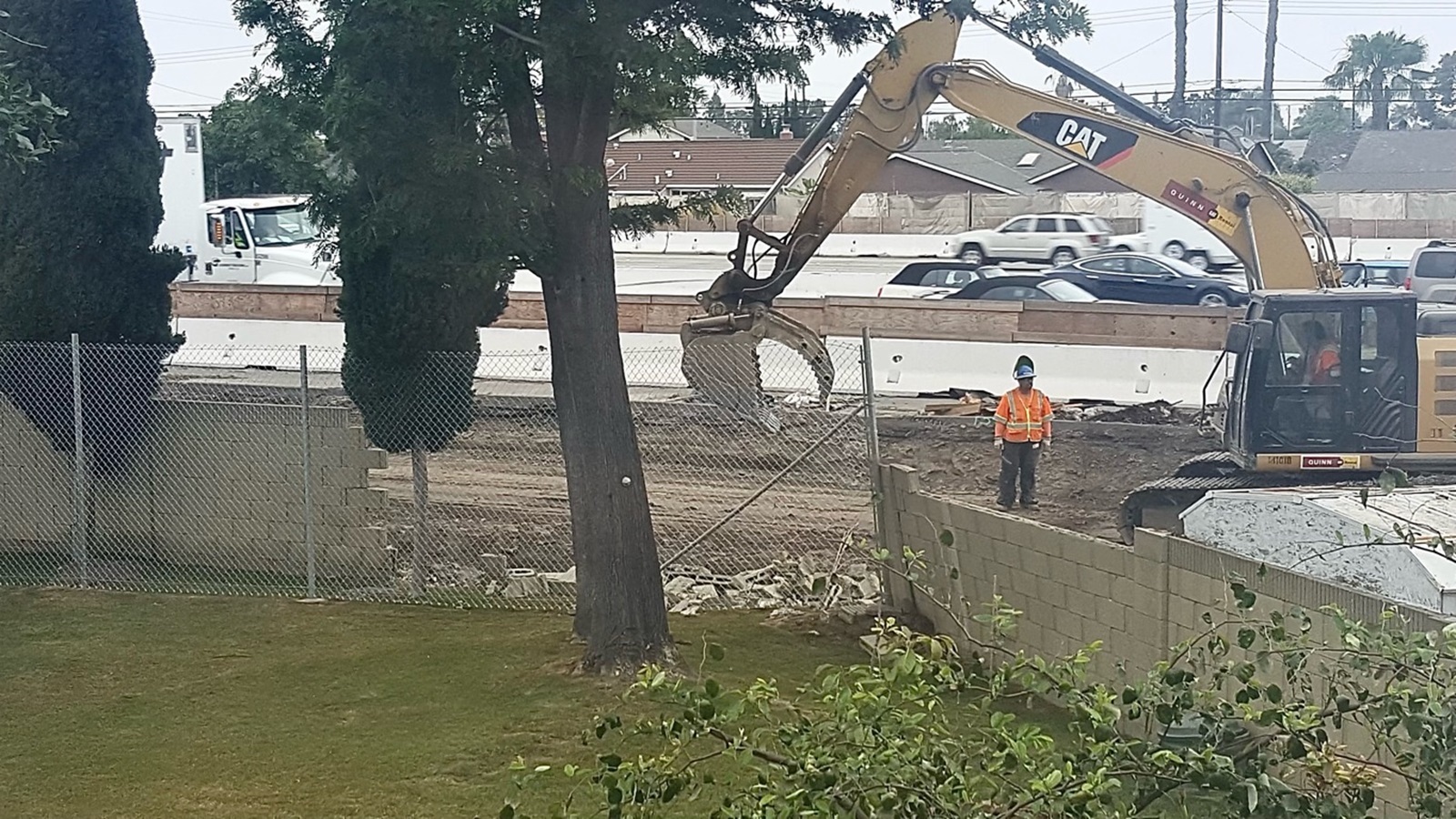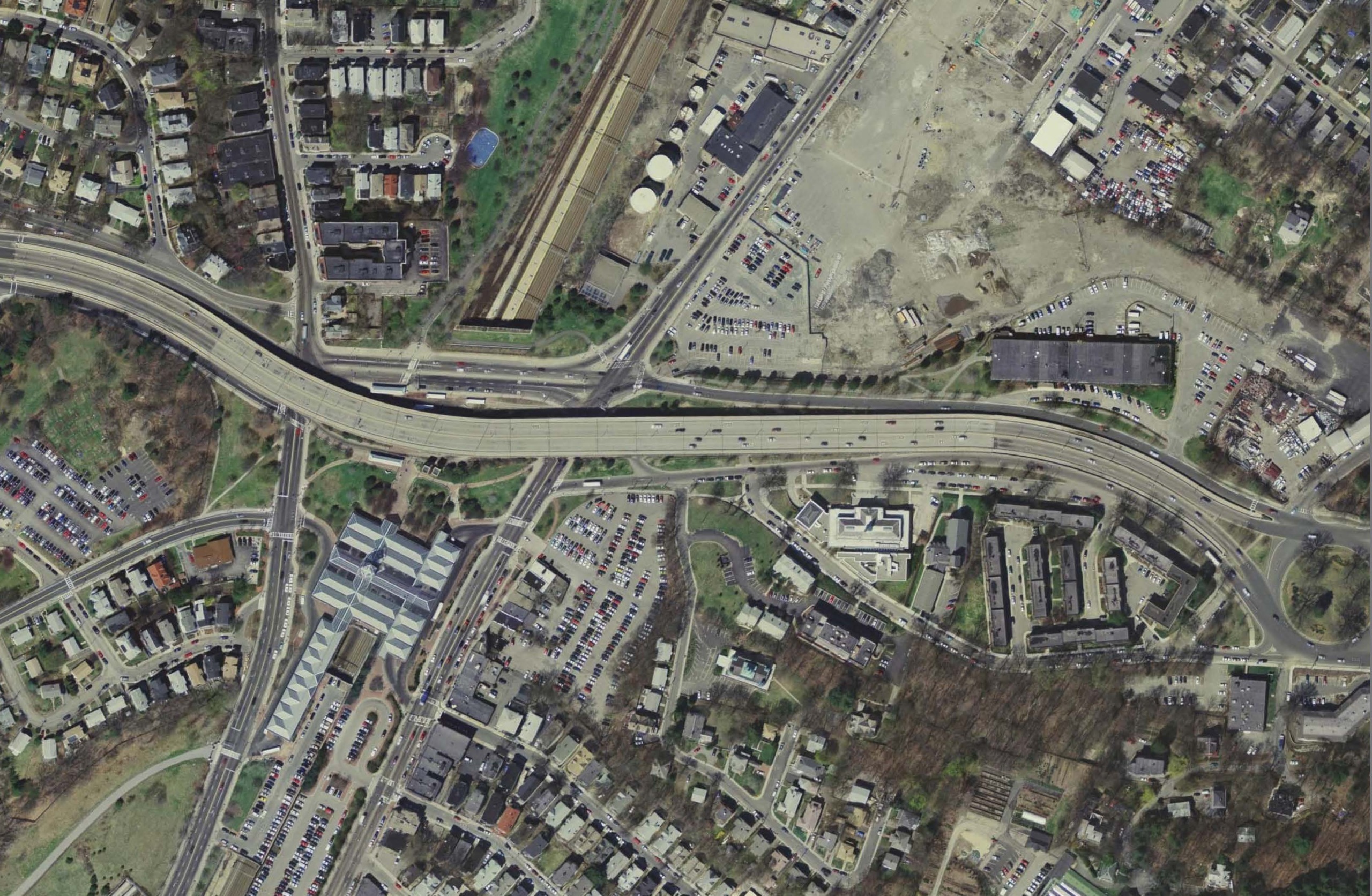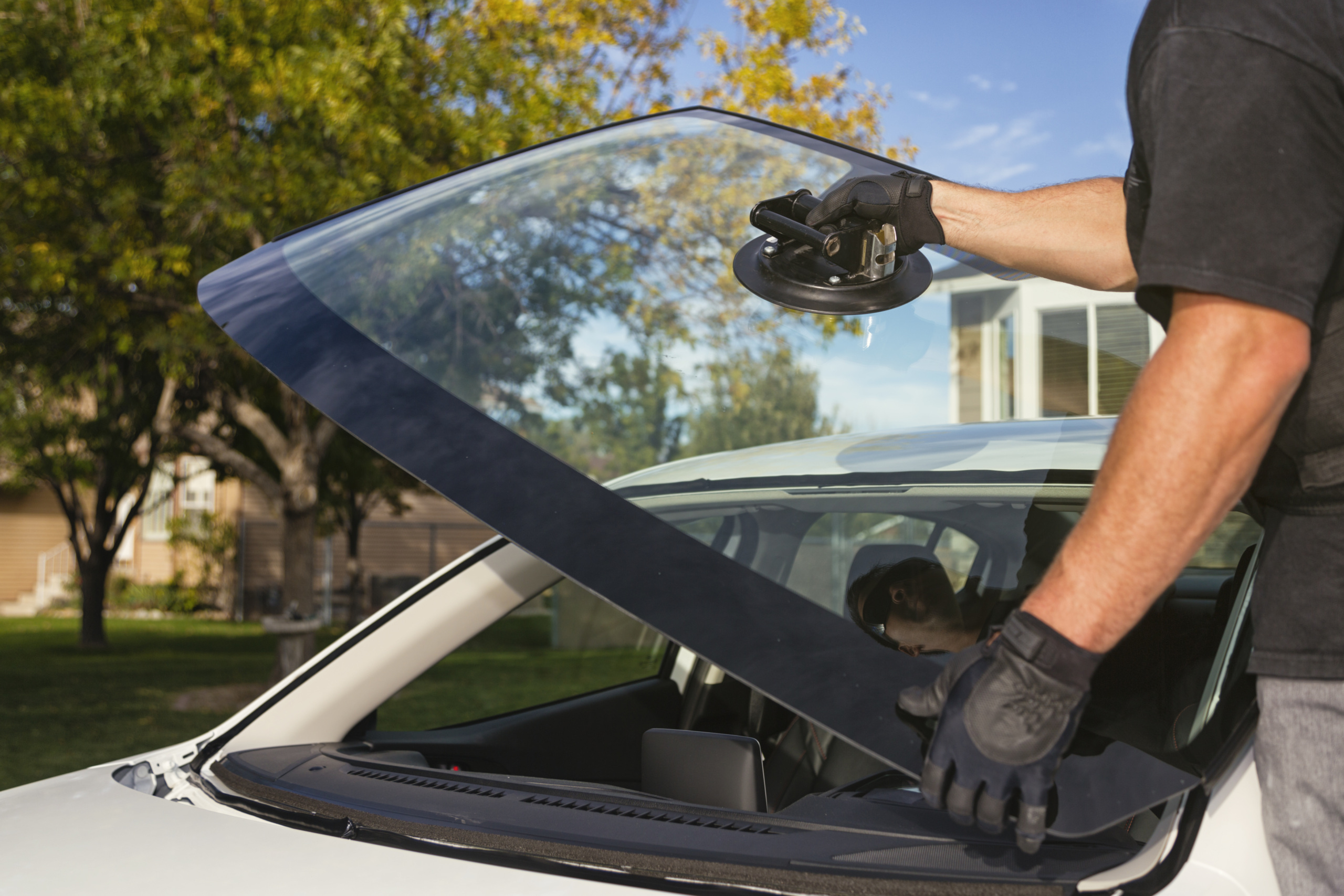
The gas tax is a tax like any other. We need to start treating it that way
The myth of the "user fee" has had its day. Gas tax revenues should be spent where they're most needed - not just on roads.

When it comes to transportation spending, government should prioritize projects that deliver the most benefit to our communities. That’s just basic common sense.
Unfortunately, that’s not how it works.
Every year, billions of taxpayer dollars are channeled into building and expanding highways that bring little or no societal benefit, leaving local, state and federal authorities with limited resources to spend on more pressing priorities like maintaining and repairing road, rail and transit infrastructure, expanding sustainable transportation options, and electrifying the nation’s transit fleets.
A major part of the reason why the current system lends itself so readily to such wildly misplaced priorities lies in the enduring power of the myth of the “user fee” – that is, the assumption that drivers “pay their own way” through fuel taxes, vehicle taxes and other fees, which are put towards building and maintaining the roads they use.
There are two problems with this assumption.
The first is that it’s wrong. Gas taxes have never fully covered the cost of roads and they’re covering less and less of that cost every year. The decline in the purchasing power of gas taxes due to inflation, among other factors, has led to a steady increase in the share of transportation costs drawn from general federal, state or local revenues, to the point where fuel and vehicle taxes now only account for around half of total highway spending, and often not even that. And in any case, those taxes don’t even make a dent in the massive costs (environmental, health and so on) that driving imposes on society, costs that should be – but are currently not – borne by those who inflict them.
But it’s arguably the second problem with the “user fee” myth that’s really holding us back. To wit: characterizing gas taxes as user fees, rather than as a tax like any other, has been used to create an assumption that revenues from these “fees” should be spent exclusively on things that benefit the people who pay them – hence the commonly held belief, enshrined in many state constitutions, that taxes on drivers should be dedicated solely to roads.
There is no inherent reason why this should be the case. No one in their right mind would argue that a tax on alcohol should be dedicated to liquor stores, or a tax on gambling dedicated to racecourses, so why should a tax on driving be any different? As Sir Winston Churchill said in opposing the United Kingdom’s “road tax” back in 1926, if other forms of consumption may be taxed and “the yield devoted to the general revenue,” the idea that “motorists are to be privileged for all time to have the whole yield of the tax on motors devoted to roads” is absurd.[i]
The problem with ringfencing gas tax revenues for use exclusively on roads is not just that it results in that money being used on low-value, low-priority projects, but also, more significantly, that it means these revenues can’t be spent on other things – even if those other things deliver greater societal benefits than new or expanded highways. There’s plenty in the transportation universe that fits that bill: cycling and pedestrian infrastructure, transit, transport demand management and “Vision Zero” initiatives, to name a few.
But there’s also no inherent reason why gas taxes should even be dedicated to transportation at all. In many other developed nations, revenues from fuel and vehicle taxes are put into a general fund and decisions over how to spend them prioritized on the basis of the benefits they can deliver to society, with transportation projects competing with other societal priorities on this basis. Even in the U.S., fuel taxes have at times been used for other purposes besides transportation, including to pay for deficit reduction and education, as well as to contribute to states’ general funds. These have often been regarded as “diversions” – but they’re not diversions. They are perfectly legitimate uses of tax revenue.
Creating a transportation finance framework capable of addressing the needs of the 21st century – both in the transportation arena and elsewhere – will require us to stop being constrained by the erroneous belief that revenue from transportation taxes can only be spent to benefit the specific users who contributed it. Freeing up taxes levied on drivers to be allocated on the basis of actual societal need would be a major stride toward being able to deal in a meaningful way with the real priorities of today.
Image via Piqsels
[i] Quoted in Stephen B. Goddard, Getting There: The Epic Struggle Between Road and Rail in the American Century, (Chicago: University of Chicago Press, 1996), p.110.
Topics
Authors
James Horrox
Policy Analyst, Frontier Group
James Horrox is a policy analyst at Frontier Group, based in Los Angeles. He holds a BA and PhD in politics and has taught at Manchester University, the University of Salford and the Open University in his native UK. He has worked as a freelance academic editor for more than a decade, and before joining Frontier Group in 2019 he spent two years as a prospect researcher in the Public Interest Network's LA office. His writing has been published in various media outlets, books, journals and reference works.
Find Out More

Wider highways don’t solve congestion. So why are we still knocking down homes to build them?

Four ways to look at a project (or policy, or almost anything)

From gray to green: How (and why) to depave

